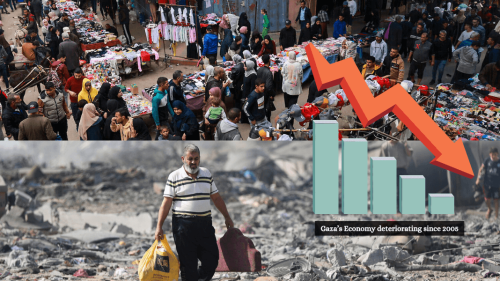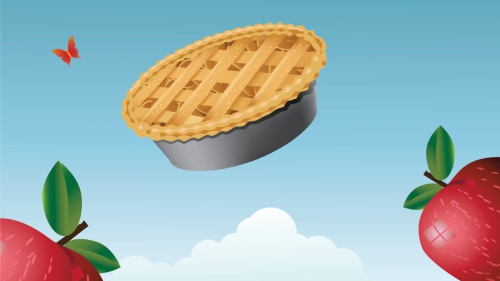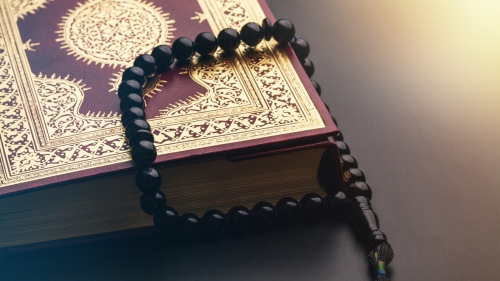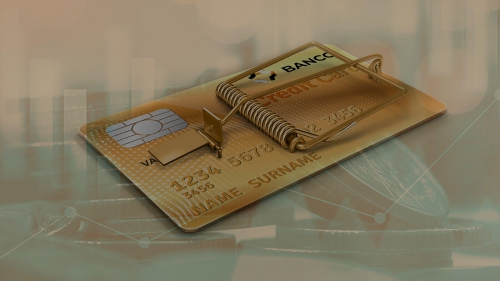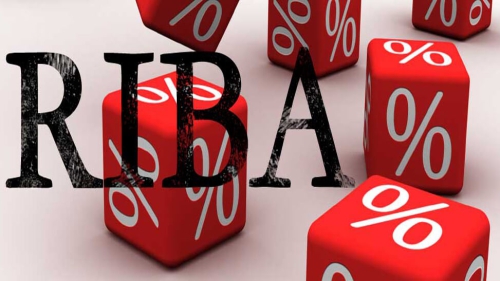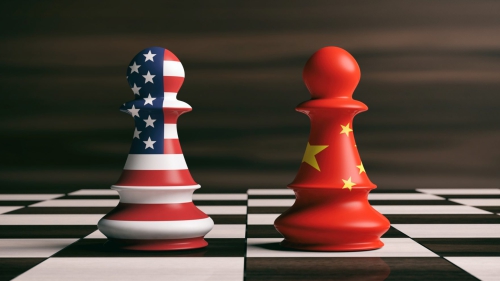Equity-focused Islamic market will reap long-term gains
 |
At the micro level, the economics of using equity or debt are still the same. Companies will choose whichever tool suits them best as a means of raising funds.
What hurt the market was the excessive leveraging and speculation via debt instruments. As with most things in life, anything that is excessive in nature will usually lead to trouble.
Islamic finance fundamentally prohibits the activities of pure speculation and excessive leveraging, which is why Islamic finance is perceived to be the right answer to the problem.
If a company raises funds through a Shariah-compliant debt instrument excessively and uses it to speculate in Shariah-compliant equity instruments, the risk is huge regardless of whether the instruments are Shariah-compliant or not. Therefore, the problem lies in the ethics and principles, not the instruments.
A debt instrument, however, is generally frowned upon in Islamic finance because the risk is lopsided. Islamic finance hence favoors the use of mudaraba (profit sharing) and musharaka (joint venture) because it is supposedly more just in the allocation of risk amongst the participants.
In the absence of ethics and principles, both mudaraba and musharaka are also instruments that can be abused. At the macro level, however, the benefits of mudaraba and musharaka are very clear. They promote risk-sharing and spread the impact of an adverse condition amongst participants, thereby increasing the sustainability factor of a market.
It works similar to the concept of takaful. With more participants absorbing the same risks, the impact on a particular party should be small compared to a debt instrument. An Islamic finance market dominated by mudaraba and musharaka will offer a real alternative to the conventional system, rather than just a replica.
Due to the higher risk nature, the ability of a bank to support and fund its investments into equity instruments will be limited. So a bank will not be able to operate at the same leverage level if it invests only in equity instruments as opposed to debt instruments.
Hence while an equity instrument may yield higher returns, a bank may not necessarily be more profitable than if it invests in debt instruments, due to the higher leverage it can achieve with the latter.
The positive implication of using equity instruments, however, comes from the risk angle. So while the profitability of Islamic banks may be affected by using mudaraba and musharaka, the market as a whole would be able to absorb shocks better and thus make it more resilient and sustainable.
If everyone in the market thinks more about avoiding death than to live life to the max every day, then this would be the better route to take.
Using equity financing in Islamic finance is an attractive proposition but like the popular adage there's no such thing as a free lunch, there is a price to pay in the form of a lesser upside due to the sharing.
So in competitive markets where the greed factor is the overwhelming principle, promoting this type of instrument can be quite a challenge.
Hence at the micro level, having more equity financing may not necessarily make Islamic finance more attractive to investors.
At the macro level, however, equity financing can be the star of the show. A market where mudaraba and musharaka thrive in its true sense will offer better stability and sustainability than a market dominated by debt.
Add to that the ethics and principles of Islamic finance, then we will see a rock solid proposition. A market with these factors will certainly appeal to any long-term investor than a market characterised by booms and busts.
Note: Musharaka, or sharaka meaning partnership, is an Islamic mode of finance in which capital is provided by two or more parties for project development. Banks can participate in equity along with the project sponsors. The profits are shared among the parties on the basis of their participation or on a pre-agreed ratio and the losses are shared on the basis of equity participation. The difference between musharaka and mudaraba is that in musharaka, all involved parties provide capital to share in the profit or loss of the project. In mudaraba, one party provides the capital and the other acts as an agent to invest it. The agent in a mudaraba does not share in the losses.
*****
Helmi Izham H Rashid is general manager, Treasury and Capital Markets at Elaf Bank in Bahrain.









